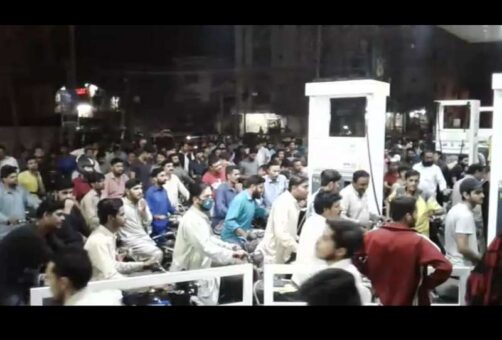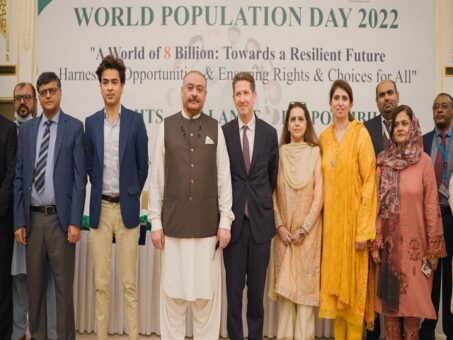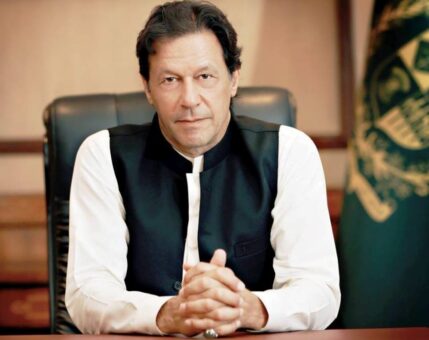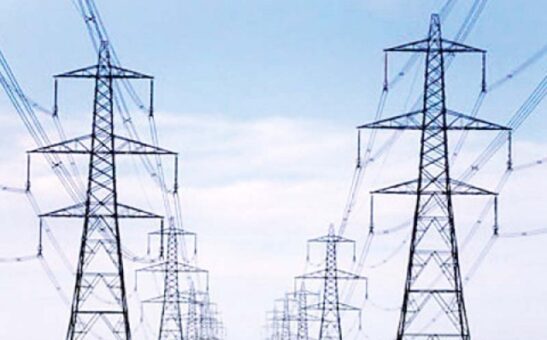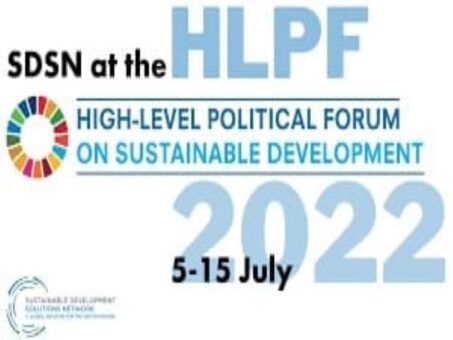KARACHI: Pakistan may review prices of petroleum products for the next fortnight on July 31, 2022, which also consider the massive depreciation of rupee value.
Previously the present government had started increasing the petroleum prices on May 26, 2022 when the benchmark Brent Oil was at $112 per barrel and now as of today July 21, 2022, the international prices of Brent Oil have fallen to $103 per barrel.
Considering the latest price slump of international oil, the government had reduced the prices of petroleum products from July 15, 2022. However experts believed it was political decision as the government had to increase petroleum levy and apply sales tax.
Furthermore the Pakistani Rupee (PKR) has sharply fell against the dollar leaving no room for the government but to increase the prices of petroleum products.
READ MORE: New petroleum prices in Pakistan from July 15, 2022
The local currency depreciated by around 11 per cent during the month of July to close at 226.81 to the US Dollar on July 21, 2022.
Pakistan is net importer of petroleum products and spends huge foreign exchange for the purchase.
The country imported petroleum products worth $23.32 billion during fiscal year 2021-2022 as compared with $11.35 billion in the preceding year, showing a growth 105 per cent.
In the previous announcement on July 14, 2022, the government announced the following prices of petroleum products.
The new prices of petrol have been decreased by Rs18.50 per liter to Rs230.24 from Rs248.74.
The rate of high speed diesel has been decreased by Rs40.54 per liter to Rs235.95 from Rs276.54.
The rate of kerosene oil has been decreased by Rs33.81 per liter to Rs196.45 from Rs230.26.
Similarly, the rate of light speed diesel has been decreased by Rs34.71 per liter to Rs191.44 from Rs226.15.
READ MORE: New prices of petroleum products in Pakistan from July 01, 2022
The Prime Minister on July 12, 2022 directed the authorities to pass on the full benefit of falling oil prices in the international markets to the masses.
The previous government of PTI had kept both the petroleum levy and sales tax at zero in order to provide relief to the masses. The PTI government also provided a huge subsidy on prices of petroleum products in order to lower the rates and provide relief to the masses.
However, former Prime Minister Imran Khan was removed through a vote of no-confidence motion on April 10, 2022.
Since then the new coalition government led by PML-N increased the prices of petroleum products sharply on three different occasions.
READ MORE: New petroleum prices in Pakistan from June 16, 2022
The new government of Prime Minister Shehbaz Sharif increased the prices of petroleum products on May 26, 2022, June 02, 2022 and June 15, 2022. Cumulatively, the government increased the price of petrol by 84 per liter in these price hikes.
The present government in the budget estimated to collect Rs750 billion as petroleum levy during the fiscal year 2022/2023. As this fiscal year is starting from July 01, 2022, it is likely that the government will opt to impose the levy from this date.
